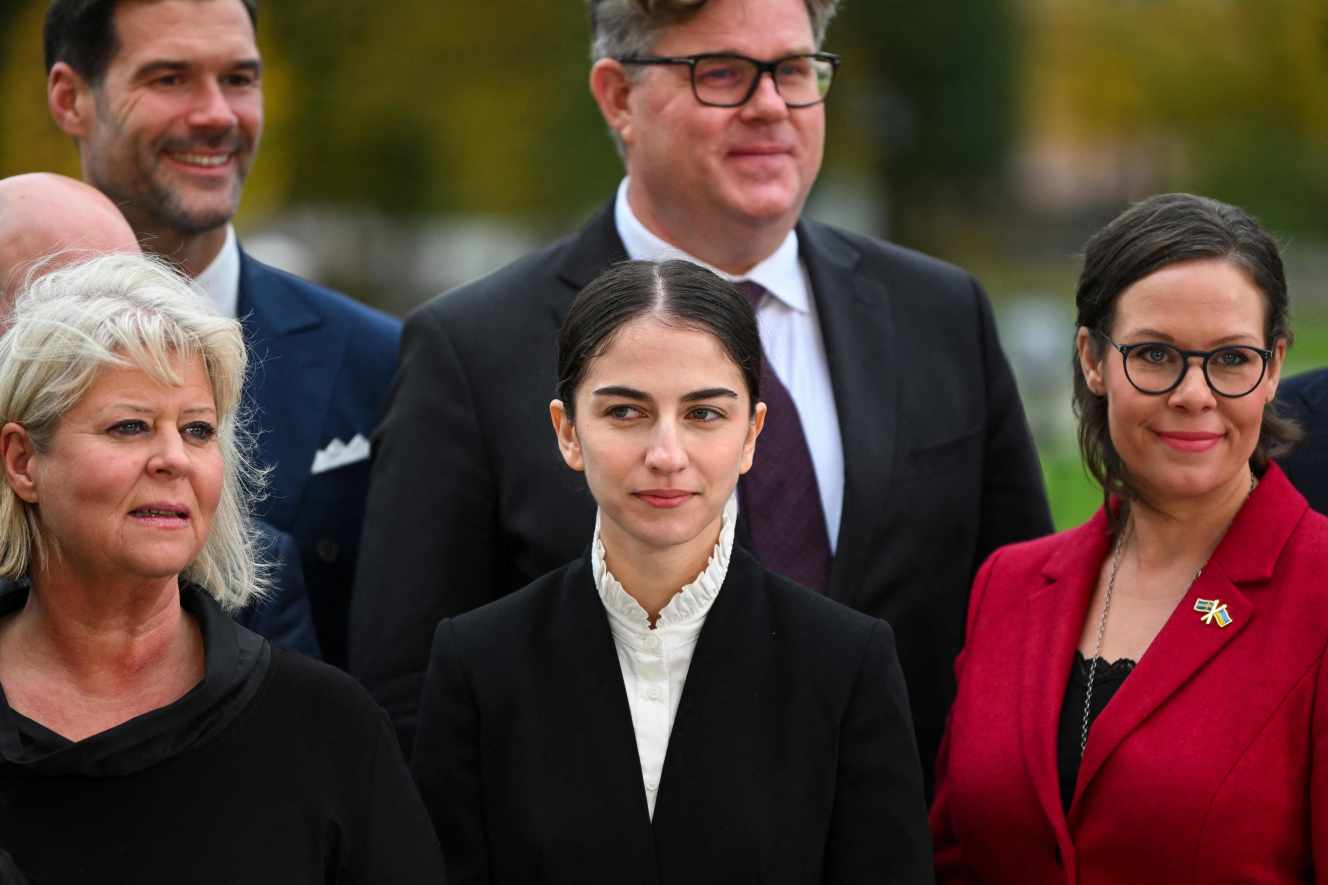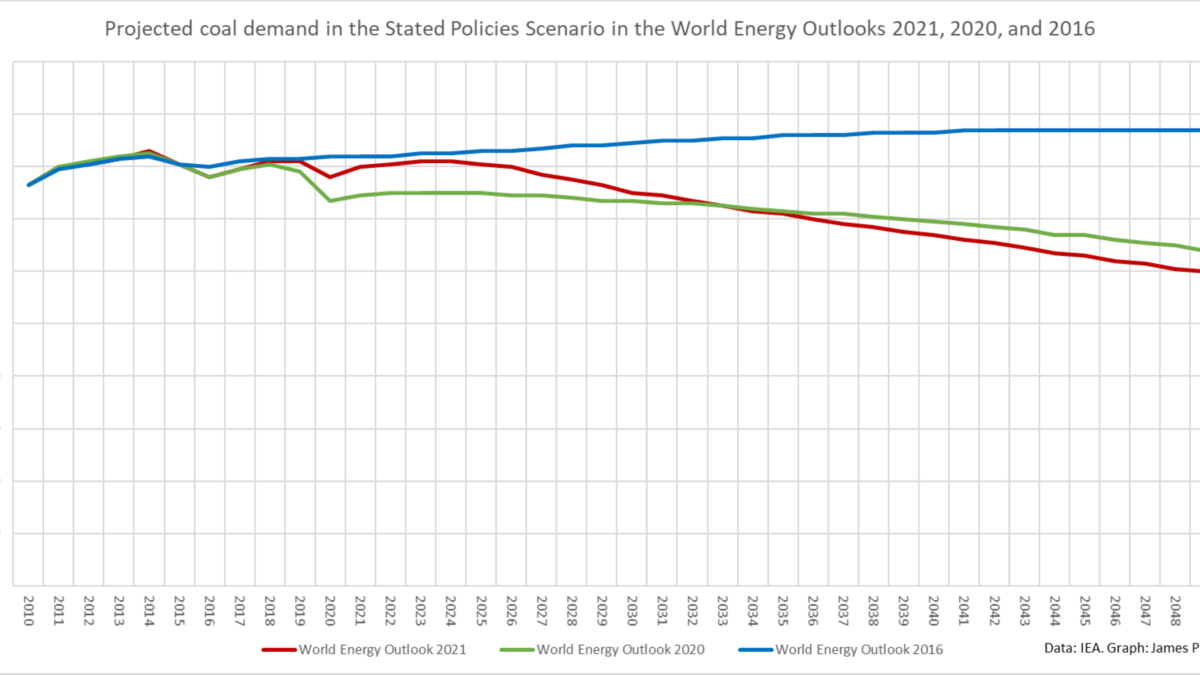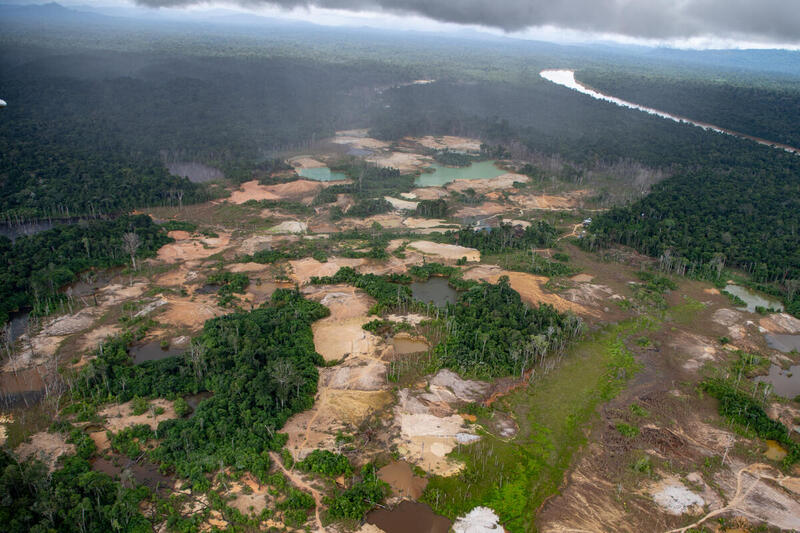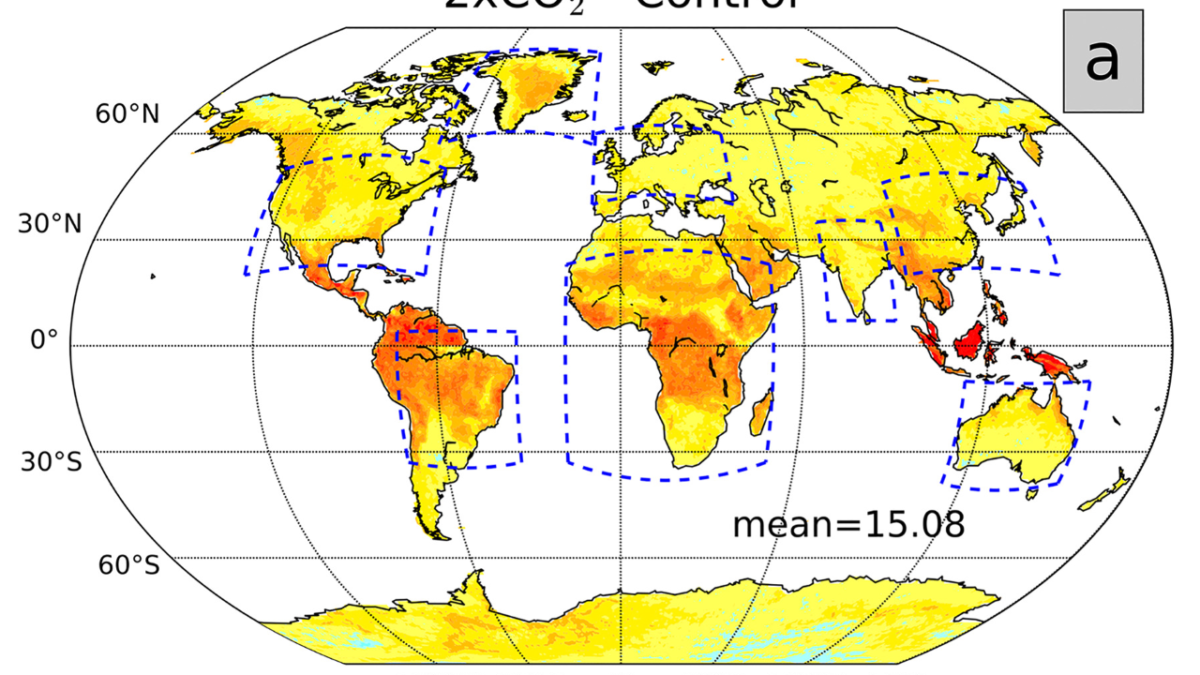Sweden’s climate policy is in turmoil – Far-right government puts Environment Ministry under Ministry of Energy and Industry – “Historic decision that will have devastating consequences for climate issues”

By Anne-Françoise Hivert
22 October 2022
MALMÖ, Sweden (Le Monde) – It is quite a symbol: For the first time since 1987, Sweden has no proper Environment Ministry. Romina Pourmokhtari, 26, the youngest member of the government presented by the conservative Ulf Kristersson on Tuesday, October 18, has been appointed minister for climate and the environment, but she is now under the supervision of the Ministry of Energy and Industry, headed by Christian Democrat leader Ebba Busch.
No sooner was the decision announced that it was met with massive criticism in the Scandinavian kingdom. Climate and biodiversity were little discussed during the campaign for the September 11 legislative elections, which were won by the conservative liberal right and the far right. The spokesman for the Greens, Per Bolund, denounced “a historic decision that will have devastating consequences for climate issues.” According to him, it demonstrates “the low value that this government places on the environment and the climate.”
In the coalition agreement presented on September 14 by the four parties forming the new majority, the climate is the subject of only one page out of 62, and even then, “it is reduced to the issue of energy, which itself is reduced to the issue of nuclear power,” said Karin Bäckstrand, professor of political science at Stockholm University and a former member of the Climate Policy Council.
New nuclear reactors
“Sweden will honor the Paris Agreement,” said Ms. Busch, now minister of energy and industry, during the presentation of the coalition’s agenda. But “we are going to do it without destroying Swedish companies and families’ savings,” the Christian Democrats leader hastened to add. For the government, this means building new nuclear reactors as soon as possible.
There was nothing in the agreement about how Sweden planned to reduce its carbon dioxide emissions, other than a paragraph that mentioned vague, distant CO2 capture and storage projects. Nor did the agreement mention biodiversity, even though a May 2021 report by the Environmental Protection Agency found that the country had not met any of its 20 biodiversity targets for 2020.
Scientists and NGO leaders were therefore eagerly awaiting Prime Minister Ulf Kristersson’s policy statement on Tuesday, October 18. Surprisingly, the head of government told MPs that after the oil crisis in the 1970s, Sweden had “become one of the world’s leading industrial nations, almost entirely without fossil fuels.”
Mikael Karlsson, an environmental scientist at Uppsala University, said: “It’s like saying the Earth is flat. Since 1990, we have reduced our emissions by a third. That means that two-thirds of it remains. Such statements are shocking and show a lack of regard for the facts.” According to figures from the Swedish Environmental Protection Agency, domestic greenhouse gas emissions reached the equivalent of 48 million tonnes of CO2 in the country in 2021. [more]


